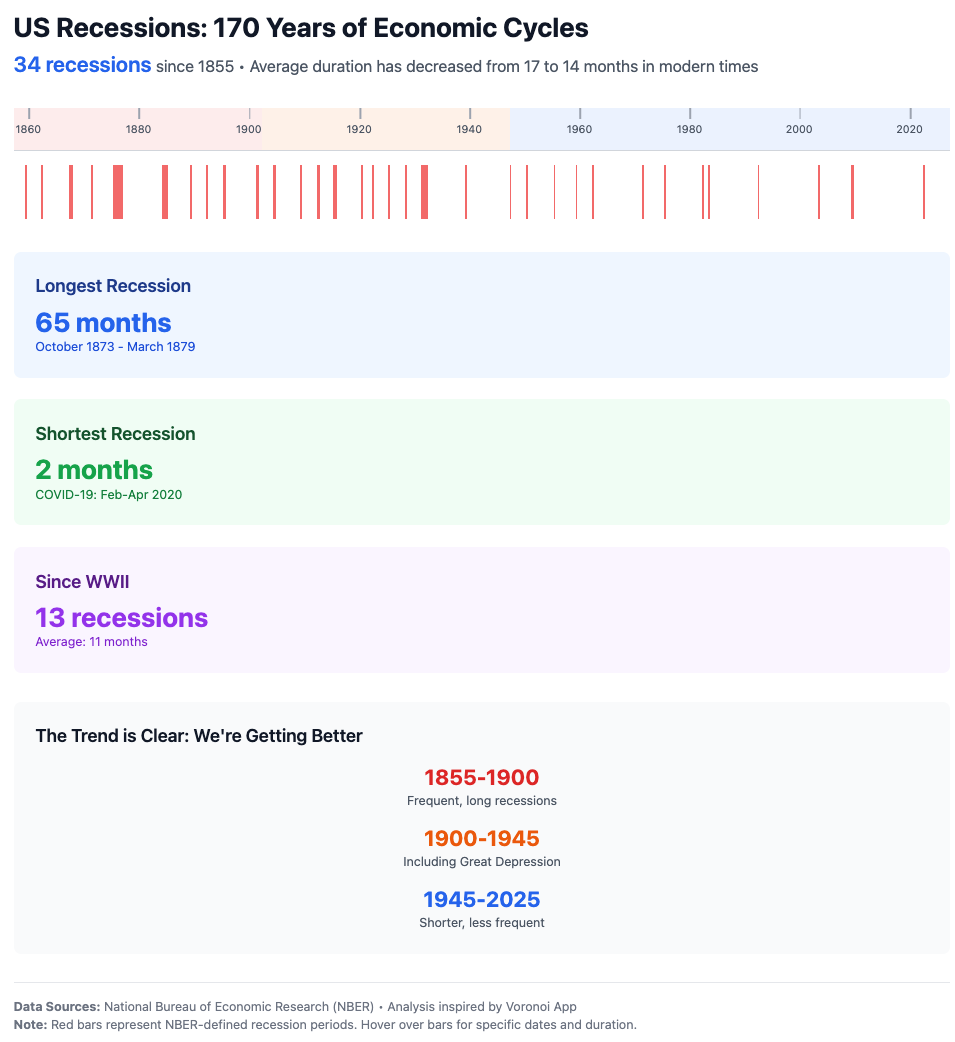When diamonds are not forever: navigating complicated divorce
- Anatoly Iofe

- Jul 2, 2024
- 4 min read

Divorce is undeniably one of the most challenging experiences anyone can endure. The emotional stress, financial entanglements, and legal intricacies can be overwhelming, especially for those facing a late-in-life divorce. Interestingly, the trend of "gray divorce" – divorcing after 50 – has been steadily rising.
According to the National Center for Family & Marriage Research, the divorce rate for adults over 50 has nearly doubled since the 1990s. This notable increase highlights the importance of understanding different divorce approaches and their impact on your future.
Making the mistake of waiting until, or after a divorce, to make critical financial decisions can also have lasting negative impacts—consequences you may be able to avoid by having a strategy in place that balances all of your post-divorce financial needs.
The Emotional, Financial, and Legal Complexities of Divorce
Divorce is a multifaceted process that affects every aspect of life:
Emotional Stress: The emotional toll of divorce can be immense, with feelings of loss, sadness, anger, and uncertainty. This is particularly true in long-term marriages where lives are deeply interconnected.
Financial Complexities: Financially, divorce can be daunting. It involves dividing assets, retirement accounts, investments, and debts. For those divorcing later in life, the stakes are even higher as they near or enter retirement.
Legal Complications: Navigating the legal process of divorce can be intimidating. It requires understanding state laws, knowing your rights and obligations, and often enduring court proceedings that can feel adversarial.
Given these complexities, the approach you take to divorce can significantly affect your well-being and future. This brings us to the crucial discussion of civil versus litigious divorce.
Civil Divorce vs. Litigated Divorce: Understanding the Differences
Civil Divorce:
Negotiation and Agreement: In a civil divorce, both parties collaborate, often with the help of mediators or collaborative lawyers, to negotiate and agree on various aspects of their separation.
Less Stressful: This approach is generally less stressful, fostering amicable interactions and reducing emotional strain.
Control Over Outcomes: Both parties maintain control over the outcomes, leading to tailored solutions that best suit their unique situation.
Cost-Effective: Civil divorces tend to be less expensive, avoiding the costs of prolonged court proceedings.
Litigated Divorce:
Adversarial Process: A litigated divorce is more adversarial, with each party often seeking to "win" against the other.
Increased Stress and Anxiety: This method can be highly stressful and damaging, particularly if children are involved.
Court-Driven Decisions: Outcomes are decided by a judge, who may not fully understand the nuances of your family dynamics.
Higher Costs: Legal fees can quickly escalate, making this an expensive route.
The Benefits of a Civil Divorce
Healthier Post-Divorce Relationships: Keeping interactions amicable makes it easier to maintain a civil relationship post-divorce, which is especially beneficial if children are involved.
Better for Children: Children are significantly affected by their parents' divorce. A civil approach minimizes conflict, providing a more stable and secure environment.
Customized Solutions: Civil divorces allow for creative settlements tailored to your family’s specific needs, which may not be possible through litigation.
Key Points to Address in Negotiations
When negotiating a civil divorce, focus on the following areas to ensure a fair and equitable settlement:
Primary Home and Family Business: Decide whether one party will keep the home or if it will be sold and the proceeds divided. Similarly, determine the future of any family business.
Vacation Home: Agree on whether to sell the vacation home, share its use, or buy out the other party's interest.
Spousal Maintenance: Determine the amount and duration of spousal support based on each party’s financial situation and future needs.
Retirement Accounts, Investments, and Pensions: Fairly divide these assets, considering future financial security for both parties.
Children's Custody and Visitation Schedules: Create a parenting plan that ensures the children’s best interests, with a focus on stability and continuity.
Education and Childcare Costs: Agree on how to handle current and future expenses related to your children’s education and childcare.
Life Post-Divorce: Embracing New Opportunities
Once the dust settles, it's essential to embrace the opportunities that come with a fresh start. Here are some considerations:
Rebuilding Finances: Develop a financial plan to rebuild your financial security. Consider speaking with a financial advisor to navigate this process.
Personal Growth: Use this time for self-improvement and personal growth. Take up new hobbies, further your education, or explore new career opportunities.
Healthy Co-Parenting: Focus on building a cooperative co-parenting relationship. Effective communication and mutual respect are key.
Emotional Well-Being: Take care of your emotional health. Seek support from friends, family, or professional counselors if needed.
New Relationships: Approach new relationships with caution and care. Give yourself time to heal and adjust to your new circumstances.
Choosing a civil divorce over a litigious one can pave the way for a smoother transition into your post-divorce life. By negotiating and agreeing on the terms of your separation, you maintain control, reduce stress, and set the foundation for healthier relationships in the future.
Working with empathetic consultants, such as compassionate lawyers, skilled mediators, and knowledgeable financial advisors, can make this process more manageable. These professionals provide the support, guidance, and expertise needed to navigate the complexities of divorce, ensuring that both parties can move forward with dignity and optimism. Remember, this challenging chapter is just one part of your journey, and a brighter future is within reach.
Have questions, schedule your no-obligation consultation here.




